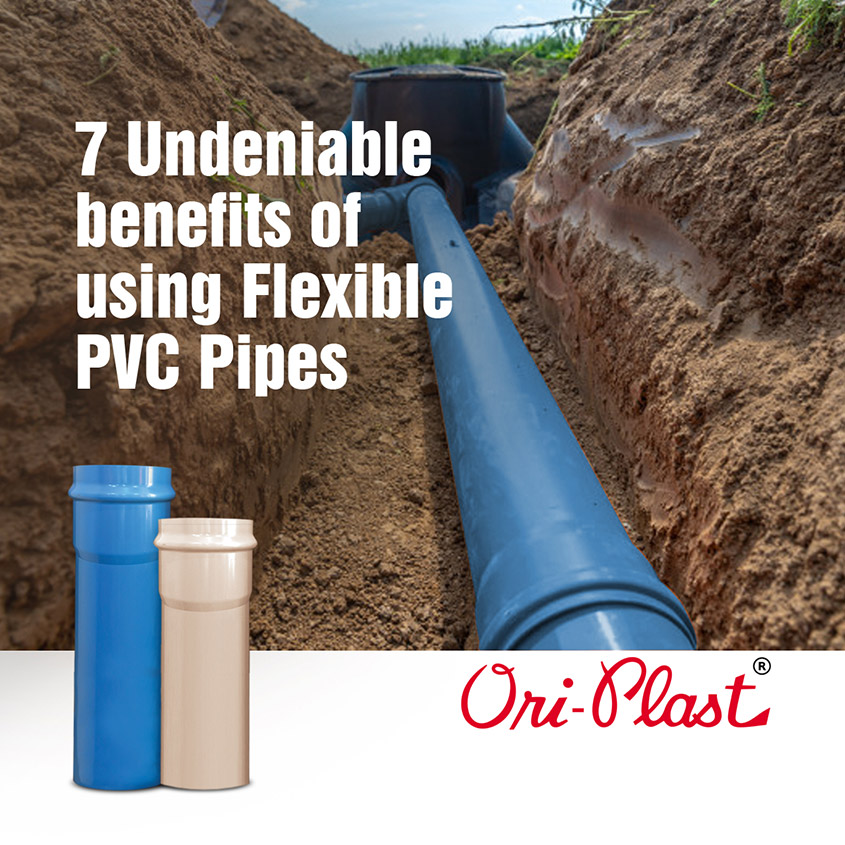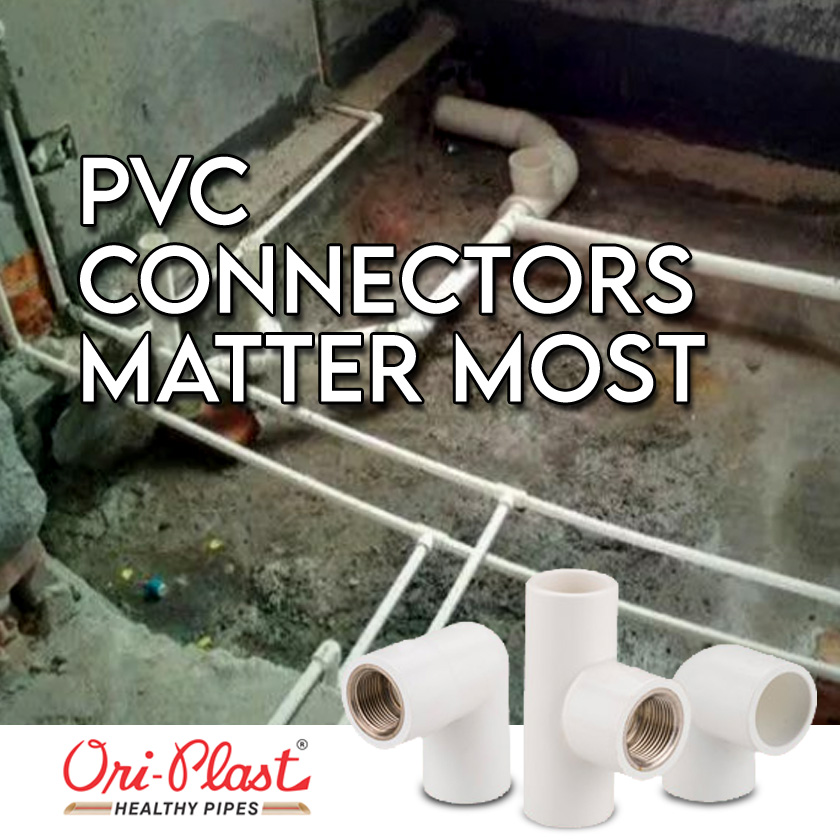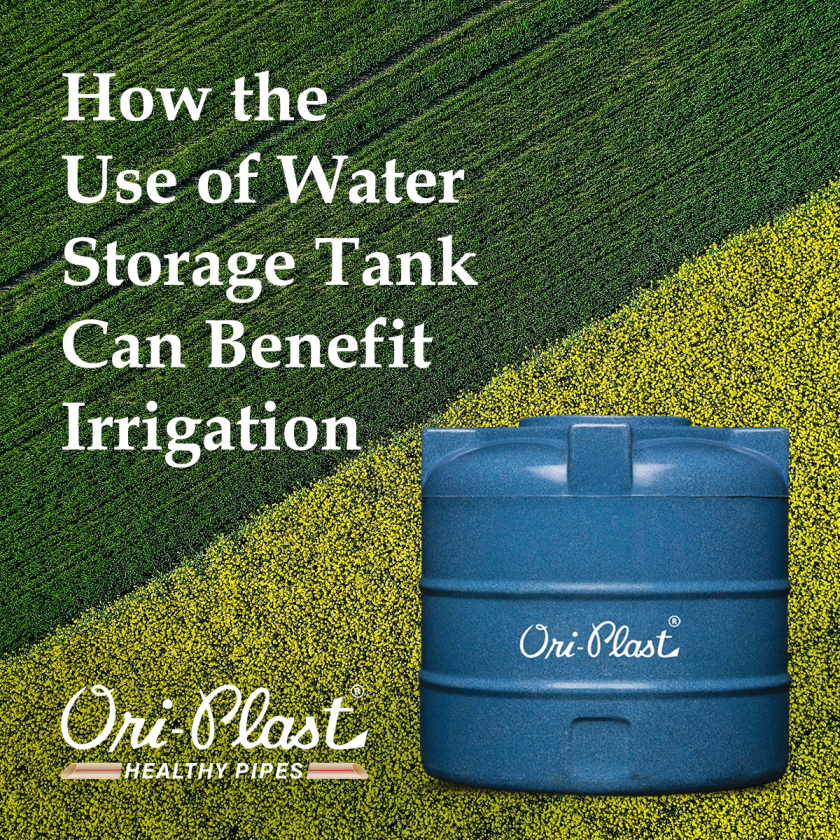Polyvinyl Chloride (PVC) is one of the most widely used thermoplastic polymers in the world. When it comes to plumbing, PVC pipes are the most commonly used material. PVC pipes and fittings are used for water systems, underground wiring, and sewer lines.
In the year 1925 PVC pipes were first developed. At that time people didn’t find it very useful. In the late 1930s, PVC pipes made a comeback. Later Upvc, Cpvc and PVC-O also came into the picture. PVC pipes are popular because they are cost-effective and extremely flexible.
Today, PVC Pipe Companies are many. PVC pipes are available in sizes that range from 1/8 inch up to 24 inches in diameter. Some of the most common sizes are ½ inch, 1 ½ inch, 3 inch, 4 inches, 6 inch, 8 inch and 10 inches.
Points to remember while buying PVC Pipe & Fittings
1. Selection & Usage
While selecting pipes, one should be aware of the uses. Each user has different specifications and requirements. There are differences in thickness, material, temperature resistance, pressure capacity and others. PVC pipes and fittings are not suitable for transportation or drainage of hot water because it can melt and warp the pipes.
2. Speed Of Fluid
The speed of the liquid flowing within the pipe can affect the pressure being exerted on its walls. Hence, if the liquid is being transported at a high speed, then one should go for thick pipes. They would be able to withstand the required amount of pressure. The pipes should also have smooth internal surfaces to reduce friction as the liquid flows.
3. Variety
One should find a PVC piping supplier who deals in a wide range of products including valves, fittings and valve actuators. This ensures that you find everything under one roof.
4. Cost
While choosing a PVC piping supplier, always consider the budget and find a supplier who provides high-quality products at a reasonable price. They shouldn’t be so expensive that they exceed the budget. At the same time, you should be wary about buying cheap products without considering the quality of the materials used. Buying low-quality products will lead to high maintenance cost in the future, as they may require expensive repairs and replacements.
7 undeniable benefits of using flexible PVC pipes
- Corrosion Resistance
PVC pipe has been proven to have the lowest pipe break rate when compared to cast iron, ductile iron, concrete, steel and asbestos cement pipes.
- Chemical resistance
PVC pipes exhibit excellent resistance to a wide range of chemical reagents and disinfectants. So they are considered the best for drinking water carrier.
- Quicker Installation time
PVC pipe installation time is approximately 30% lesser than the same size concrete pipe.
- Smoothbore allows high flow rates for water transfer
PVC pipes are considered mainly for water supply projects because they outperform alternative materials in quality and cost-effectiveness. Their smooth bore allows high flow rates, reducing chances of blockage and failures.
- Leak-free joints
PVC pipes’ ultra-smooth surface reduces pumping costs and the leak-free joints eliminate water loss which can be up to 40 per cent in some outdated-technology and corrosion-prone piping networks.
- Long service life
PVC Pipes have a proven performance record of over 50 years in Australia, while overseas studies show the life expectancy of PVC pipes to be over 100 years.
- Lower cost
PVC pipes offer significant cost savings in projects, even more so when installation, low breakage rates and life cycle costs are taken into consideration.




